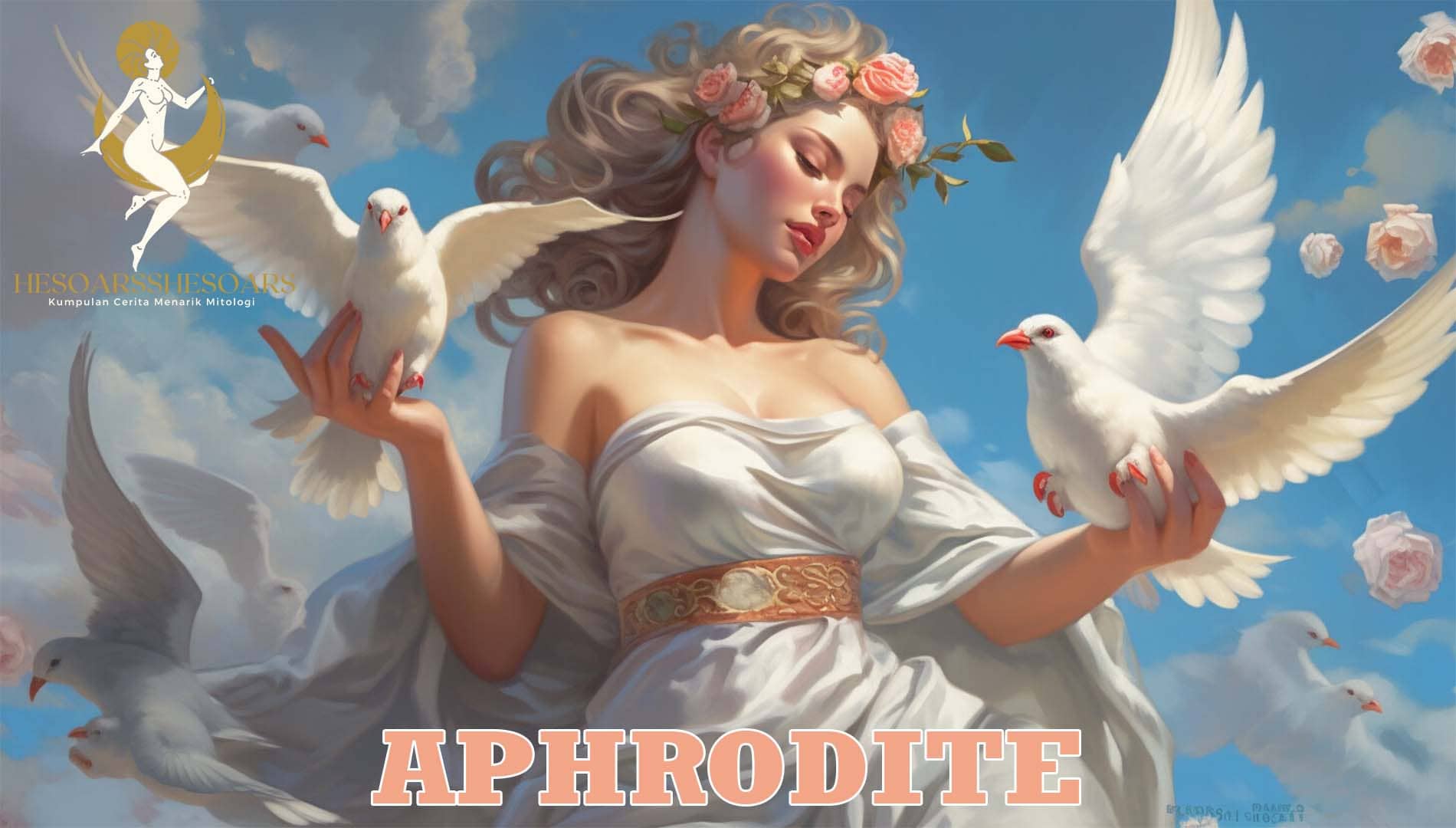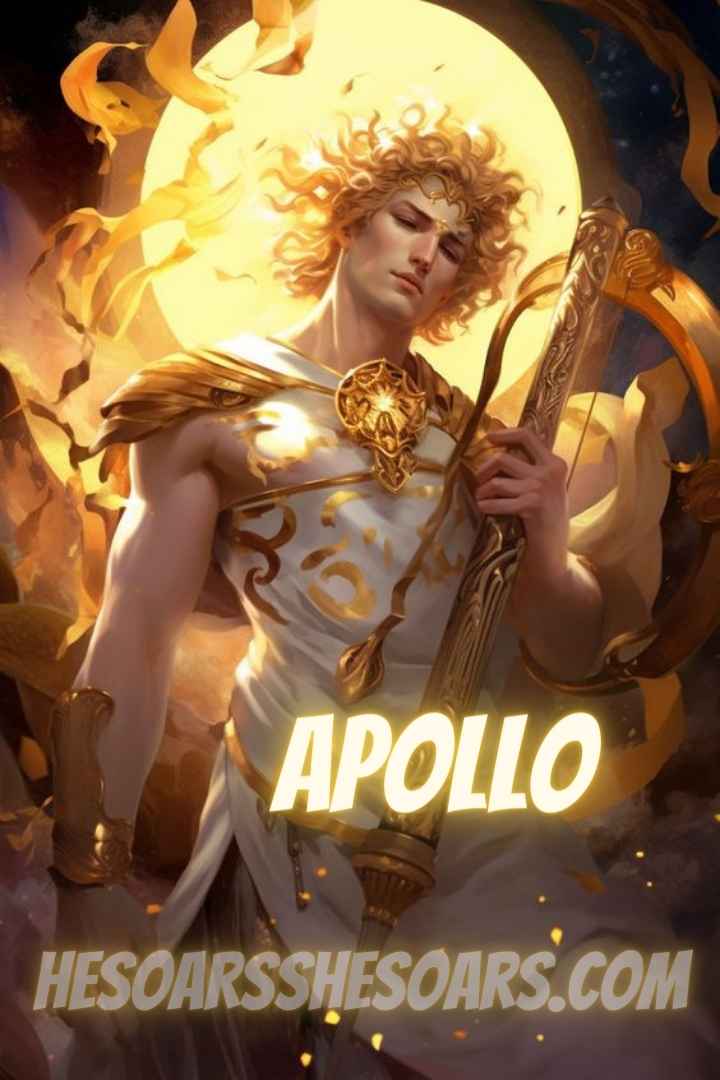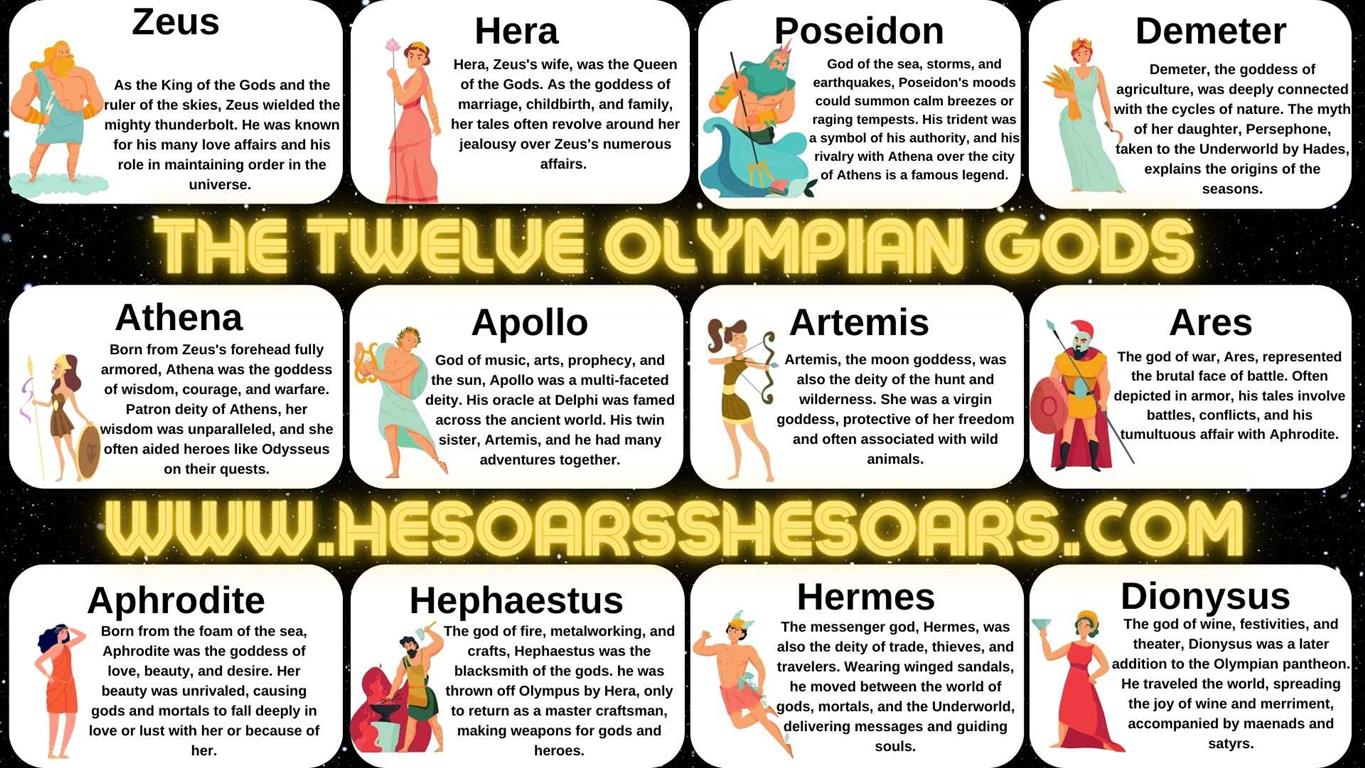In the grand tapestry of Ancient Greek mythology, few figures shine as brightly as Aphrodite, the goddess of love, beauty, and fertility. Revered and adored, she has captured the imagination of poets, artists, and scholars for millennia. To truly appreciate her significance, one must delve deep into her origins, her stories, and her lasting influence on culture and art.
The Birth of Aphrodite
The origins of Aphrodite are as mystical as they come. One popular myth recounts her birth from the sea foam, resulting from the castration of Uranus, the sky god. From these turbulent waters, Aphrodite arose on a shell, a scene famously depicted in Botticelli’s painting, “The Birth of Venus.”
Aphrodite’s Powers and Symbols
Aphrodite was not just any goddess; she was the embodiment of passionate love and beauty. She had the unique power to make both gods and mortals fall deeply in love. Her symbols, which include the dove, rose, and myrtle, are often associated with love and passion even today.
Tales of Love and Jealousy
Numerous are the stories that revolve around Aphrodite’s blessings and curses. One of the most well-known tales is her involvement in the Trojan War. It was her promise of the world’s most beautiful woman to Paris that led to the abduction of Helen and the decade-long war.
Another captivating story is the love triangle between Aphrodite, her lover Ares (the god of war), and her husband Hephaestus. This tale showcases her passionate nature and the often tumultuous outcomes of her affections.
Influence on Art and Culture
Aphrodite’s allure isn’t just confined to ancient myths. Her image and symbolisms have profoundly influenced Western art, literature, and culture. From Renaissance paintings to modern poetry, Aphrodite’s essence resonates, embodying ideals of beauty and love.
Furthermore, her Roman counterpart, Venus, has also significantly shaped artistic and literary traditions, further amplifying the impact of this iconic deity.
Legacy of Aphrodite
Today, Aphrodite’s influence is palpable in modern culture. Words like “aphrodisiac” derive directly from her name, and her stories continue to inspire artists, writers, and filmmakers.
In essence, Aphrodite remains a shining beacon in the annals of mythology, representing the timeless allure of love and beauty. Her tales remind us of the dual nature of love: its power to both create and destroy. As we continue to weave stories of passion and desire in the modern world, the spirit of Aphrodite lives on, ever enchanting and ever elusive.




